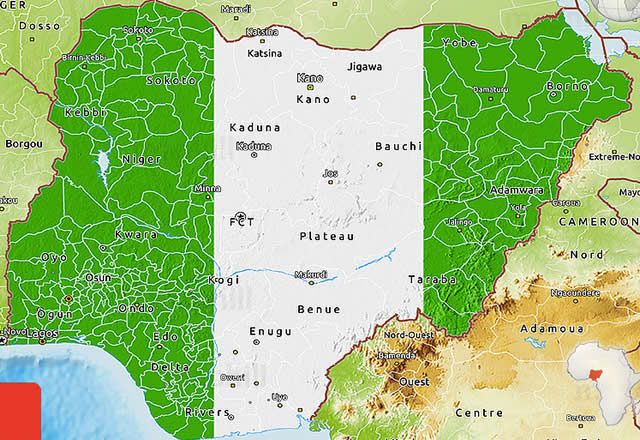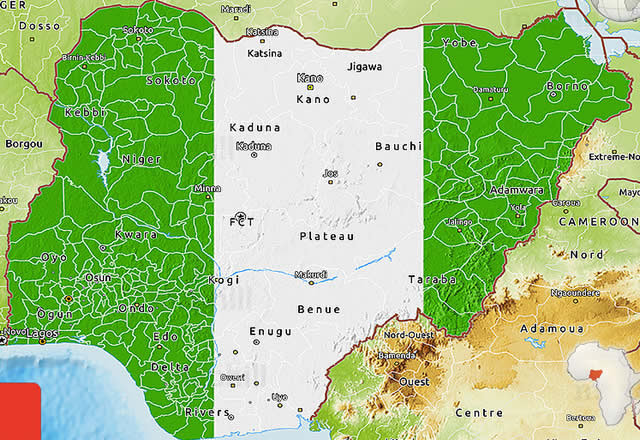By Karen James
In the midst of Nigeria’s economic, security, and political challenges, the House of Representatives is considering a proposal for the creation of three more states in the South-West. The bill, tabled by Oluwole Oke, the lawmaker representing the Obokun/Oriade Federal Constituency in Osun State, has sparked a debate on whether this is a necessary step or a misguided priority.
Under the proposal, the bill seeks to create Ijebu (capital at Ijebu-Ode), Oke-Ogun (Iseyin), and Ife-Ijesa (Ile-Ife) states. Currently, the South-West region has six states, while other regions have varying numbers. Oke argues that the creation of more states would address the perceived marginalization of the South-West and lead to a reduction in the number of local government areas in the region.
However, critics argue that the creation of more states would be economically unviable. In a country where states and local government areas mainly rely on federal allocations, it would be difficult for the new states to sustain themselves. They contend that the proposal is driven by political considerations, such as creating more state capitals, governors, state assemblies, and federal lawmakers, without considering the economic realities of the country.
Moreover, the creation of more states in the South-West could trigger demands from other regions, leading to a sense of entitlement and potentially causing further unrest. Instead of focusing on state creation, they argue that lawmakers should prioritize restructuring Nigeria into a true federal state, addressing issues such as true fiscal federalism, state police, and resource control.
Critics point to the fact that many existing states in Nigeria are financially dependent on the monthly federal allocations. Only seven out of the current 36 states can exist without these allocations, highlighting the unsustainable nature of state creation. They argue that Nigeria does not need more cost centers but rather a restructuring of the political system to foster true federalism.
Drawing comparisons to other countries, critics note that the United States and Australia have not admitted new states for many years despite their land size and strong economies. They argue that the desire for state creation in Nigeria is often driven by a desire for more political power and perks rather than the country’s best interests.
In conclusion, the ongoing debate over the creation of more states in Nigeria highlights the need for a critical examination of the country’s political system. Rather than focusing on state creation, the parliament should prioritize efforts to restructure Nigeria into a true federal state that addresses larger issues such as fiscal federalism, resource control, and state police. Only through such comprehensive reforms can Nigeria overcome its challenges and pave the way for a more inclusive and prosperous future.


